Sleep scientists warn that your bedroom might be making you feel groggy – learn to optimize your space for a more refreshing wake-up
Make yourself a morning person with these simple upgrades
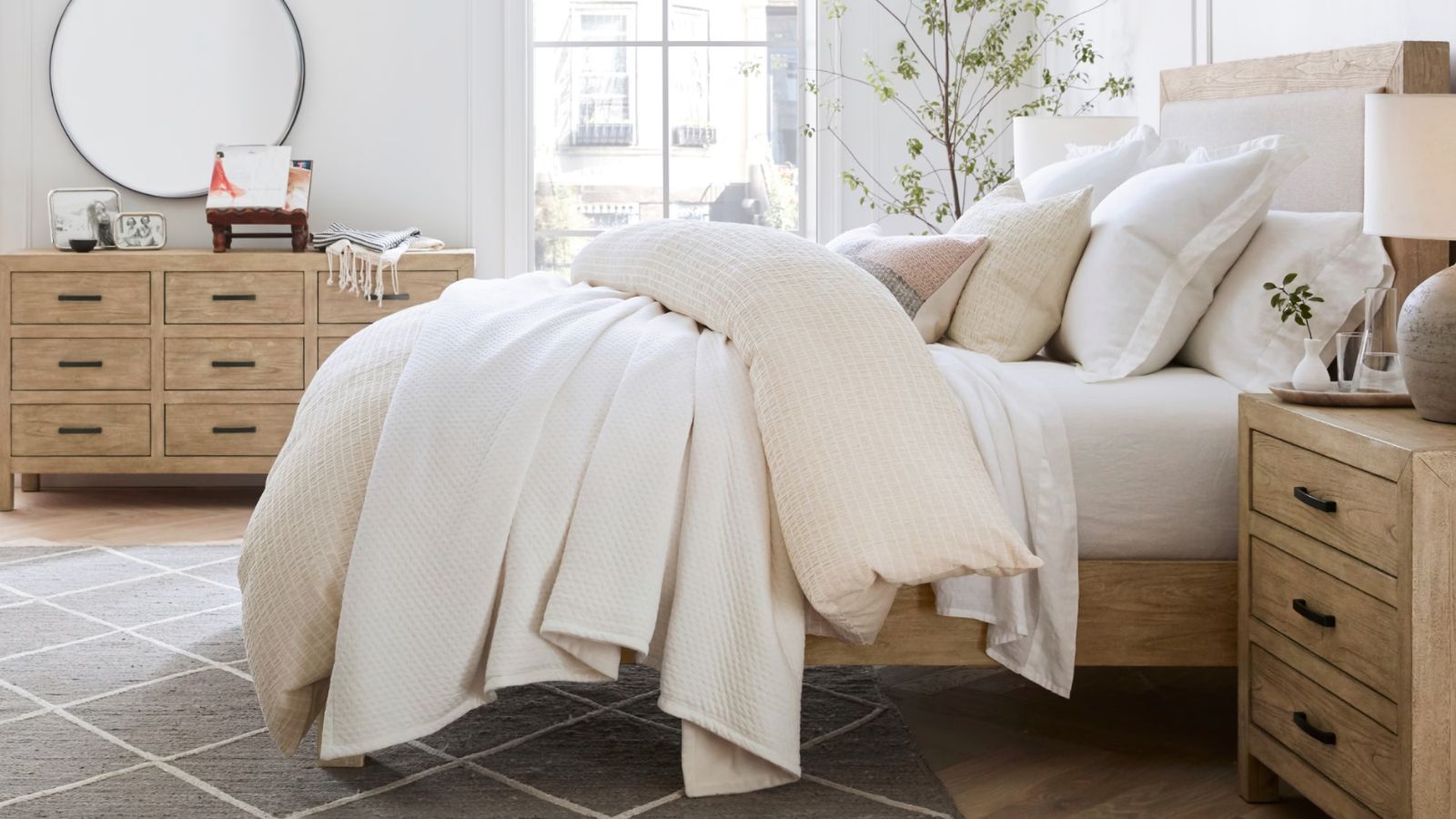

Waking up feeling groggy can set the wrong tone for the rest of your day, and your bedroom setup might be part of the problem. So, how do you set up a bedroom to beat morning grogginess?
From lighting to bedding, sleep scientists have revealed that even the smallest of adjustments can help you wake up feeling more refreshed and energized, ready to take on the day.
Here, they detail the best adjustments you can make to sleep better and help beat morning grogginess – even in the dreary winter months.
How to set up a bedroom to beat morning grogginess
Beating morning grogginess takes more than finding ways to improve sleep. Every detail from your bedroom lighting ideas to organizing a bedroom can help you wake up on the right side of the bed each and every day.
1. Add a sun lamp
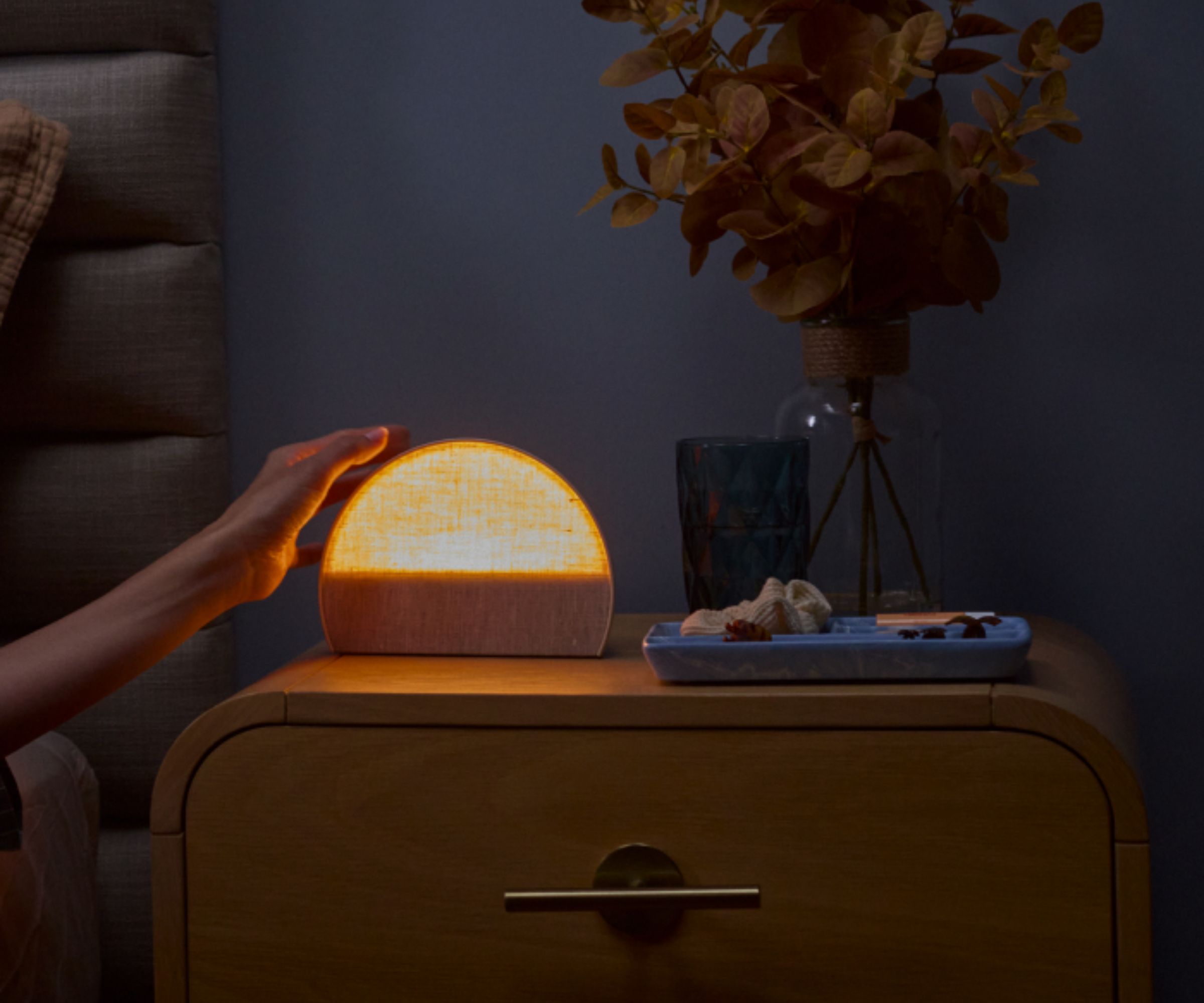
Being pulled out of sleep suddenly to the sound of a blaring alarm can easily start us off on the wrong foot. To prevent grogginess, Thompson Maesaka, owner and clinician at The Neural Connection, a neurological rehabilitation clinic suggests putting the best SAD lamp into your bedroom instead.
He explains, ‘These lamps simulate the gradual increase in sunlight in the morning, which helps to regulate your circadian rhythm, the body’s internal clock. The natural rise in light encourages wakefulness by triggering the brain to realize it's time to wake up. It should be noted that there is a small period of time when people will need to move from a sleep state to a wakeful state, but it shouldn't last more than five to 10 minutes if you have a restful night's sleep.
‘We suggest trying the Philips SmartSleep Wake-up Light, at Amazon or Hatch Restore, also at Amazon. They will combine both light and sound options that gradually increase to simulate natural sunlight.'
2. Limit blue light in the evenings
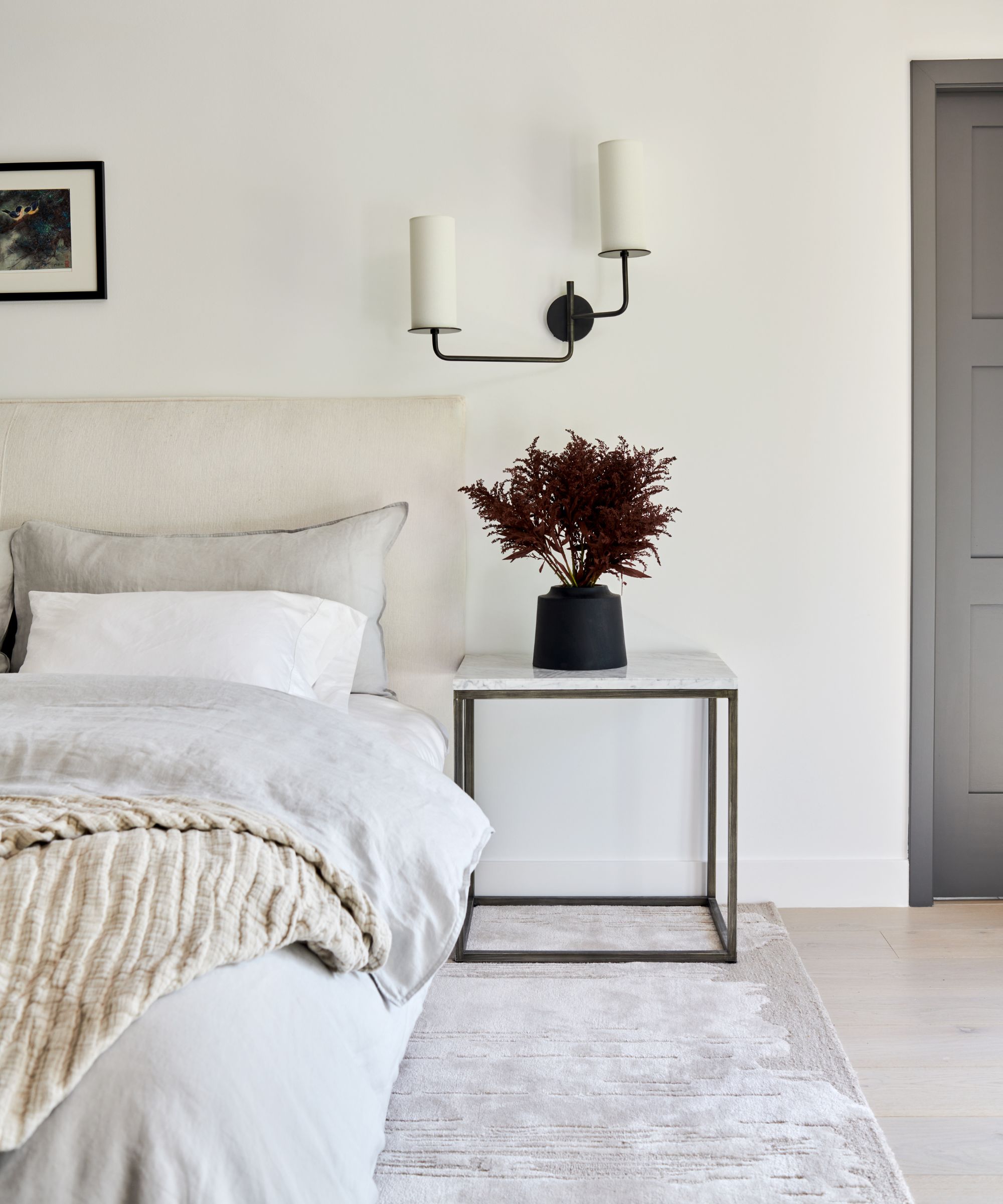
One thing in your bedroom to get rid of now and beat grogginess is any blue light devices. This includes your phone, televisions, and tablets.
Thompson Maesaka, clinician, continues, ‘Exposure to blue light from screens (phones, TVs, or tablets) at night can suppress melatonin production, a hormone that helps you fall asleep. Melatonin is very sensitive to light, which is why it’s so important to monitor and eliminate as much light as possible while falling asleep.
'When melatonin levels are disrupted, it can make it harder to fall asleep and result in grogginess the following day due to altered sleep patterns and an inability to get adequate sleep. Limiting blue light for at least an hour to 90 minutes before bed can help your body maintain its natural sleep-wake cycle.’
He adds, however, that, ‘If you're someone who needs to be on a tablet or phone, we suggest our patients use blue light-blocking glasses or apps like f.lux on devices that reduce blue light emission in the evening. There are also ways to modify the iPhone using accessibility settings to change the background colors to a deep red, which will also allow a deeper sleep overall.’
All prices correct at time of publlication.

Blue light glasses are thought to help block blue light rays to make screen time more pleasant and less damaging for your eyes. This, in turn, can help improve sleep.
3. Let more natural light in
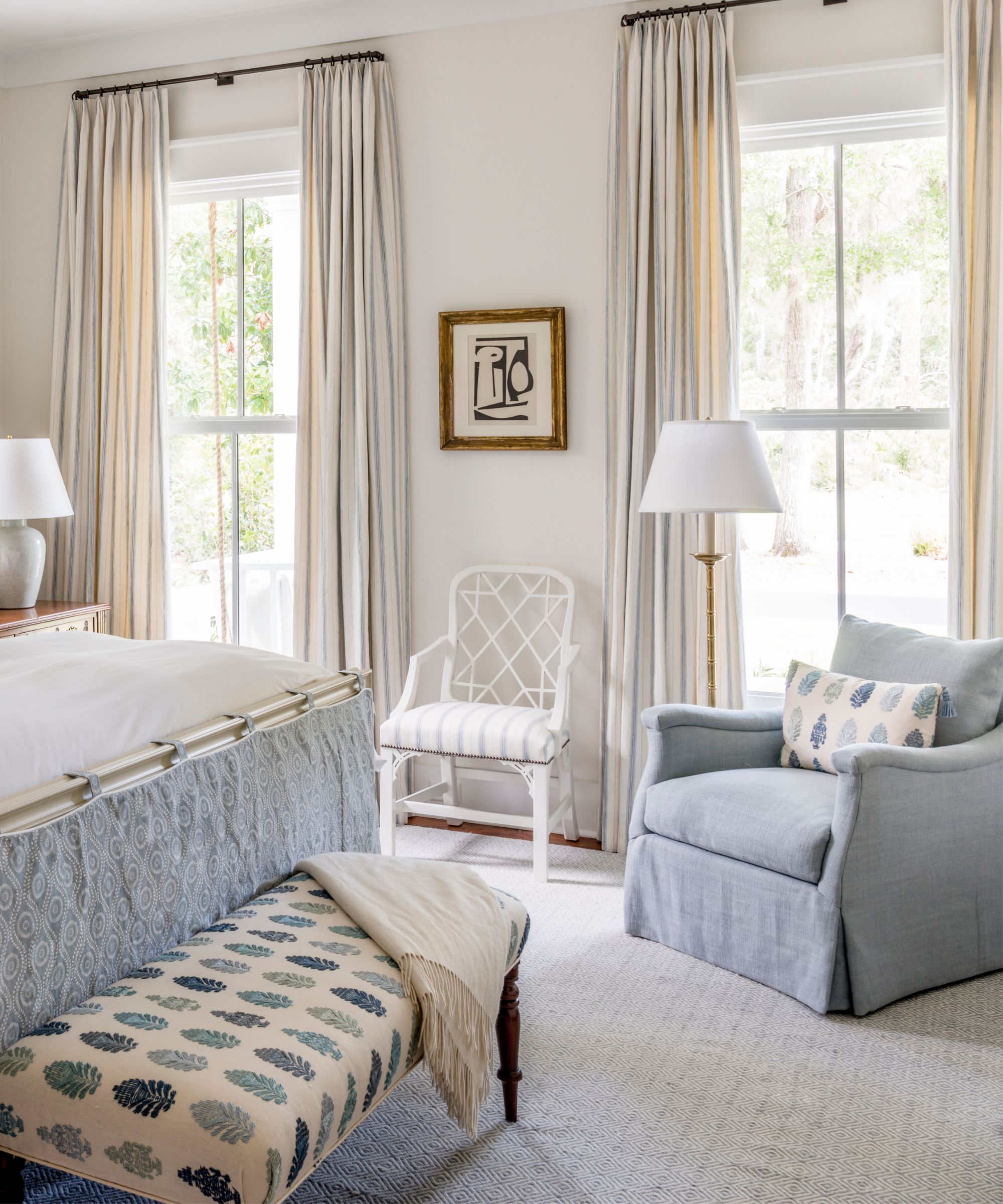
SAD lamps and alarm clocks and limiting blue light are great ways to make your bedroom better for sleep, but you can also increase natural light in your home – especially if you don't need to wake up with an alarm, says Dr. Chelsea Perry, owner of Sleep Solutions and diplomate of the American Board of Dental Sleep Medicine.
They explain, ‘A gentle way to kickstart your mornings is by letting more natural light into your bedroom. When your body senses sunlight, it starts adjusting your circadian rhythm, making it easier to feel awake when it’s time. In fact, I switched to thinner curtains last year, and waking up feels more effortless with the early sunlight creeping in.’
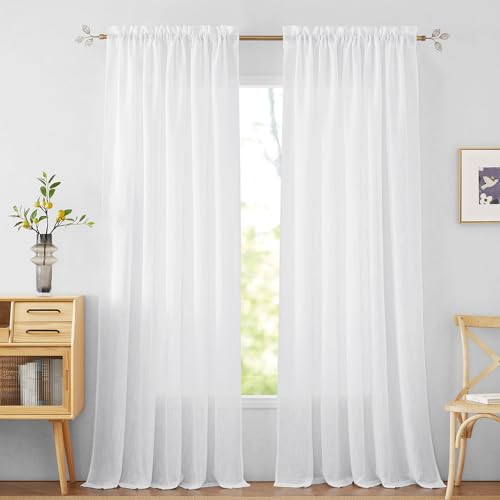
A set of sheer curtains can help natural light filter in and help wake your body up natural in the mornings without the need to invest in a sun lamp.
4. Set a thermostat schedule
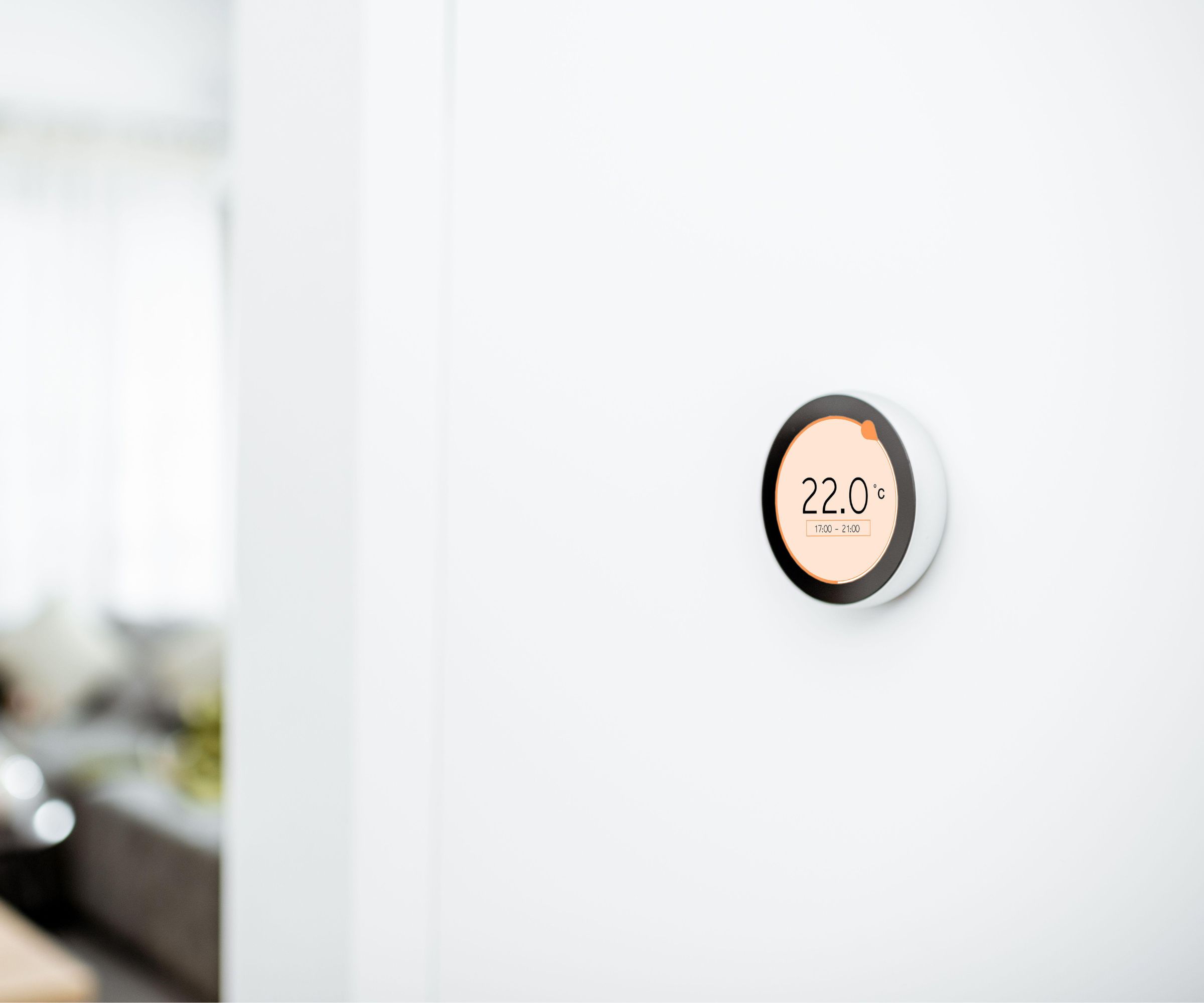
Setting your bedroom to the best temperature for sleep is a great way to fall and stay asleep, but it also makes it harder to wake up. For this reason, Fatemeh Farahan, licensed psychotherapist and author of Wired For Happiness (at Amazon) suggests setting a thermostat schedule to start warming your bedroom up before you get up for the day.
They say, ‘Ever notice how it’s easier to wake up when it’s a little warmer? That’s because your core body temperature naturally rises when you’re about to wake up. By setting your thermostat to gradually warm up 30 minutes before your alarm goes off, you can help speed up this process and beat that heavy, groggy feeling. It’s like giving your body a nudge, telling it, “Hey, it’s time to start the day!” without that shock-to-the-system approach.’
Investing in a smart thermostat makes this easier, and will help you to cut energy bills at the same time.
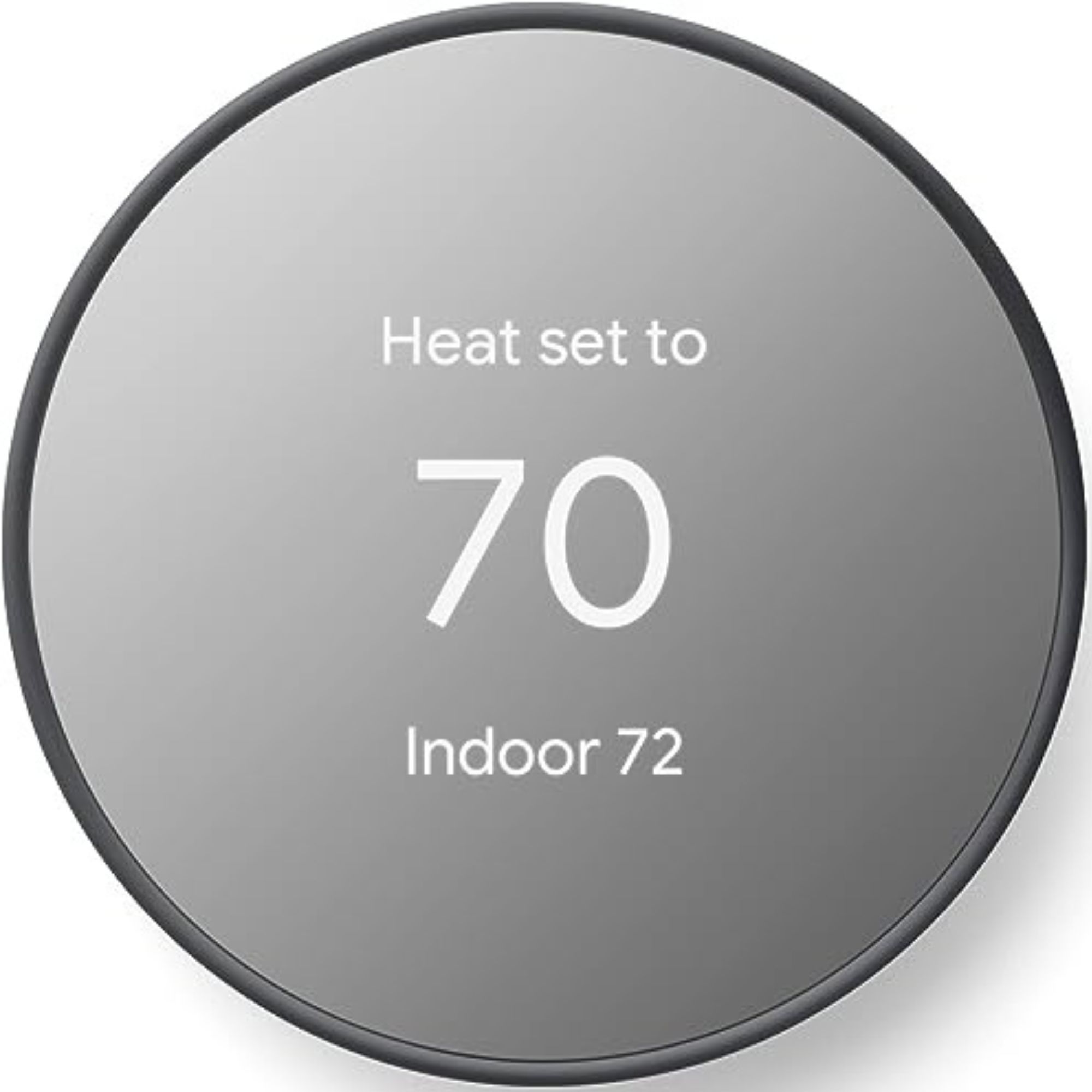
This smart thermostat works with both heating and cooling systems for greater temperature control year round.
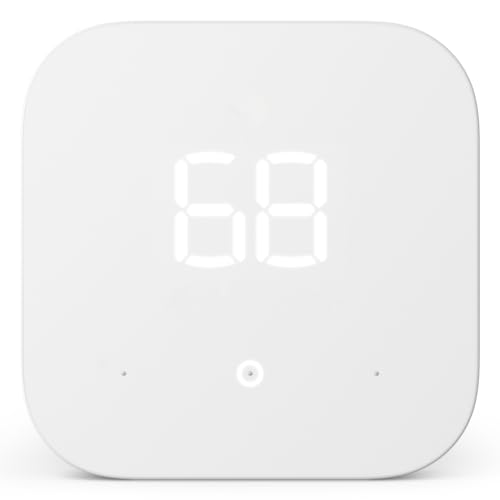
Compatible with Alexa and Ring security, this smart thermostat is perfect for integrating into existing smart home set ups.
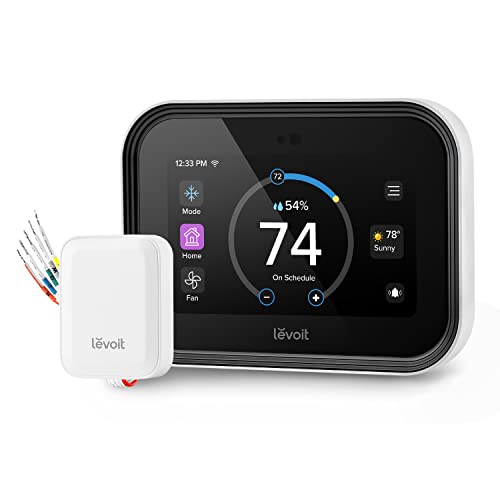
With customizable routines that conserve energy when you’re away and daily energy reports, you can create a greener home and reduce your energy costs with this smart thermostat.
5. Incorporate fresh morning scents
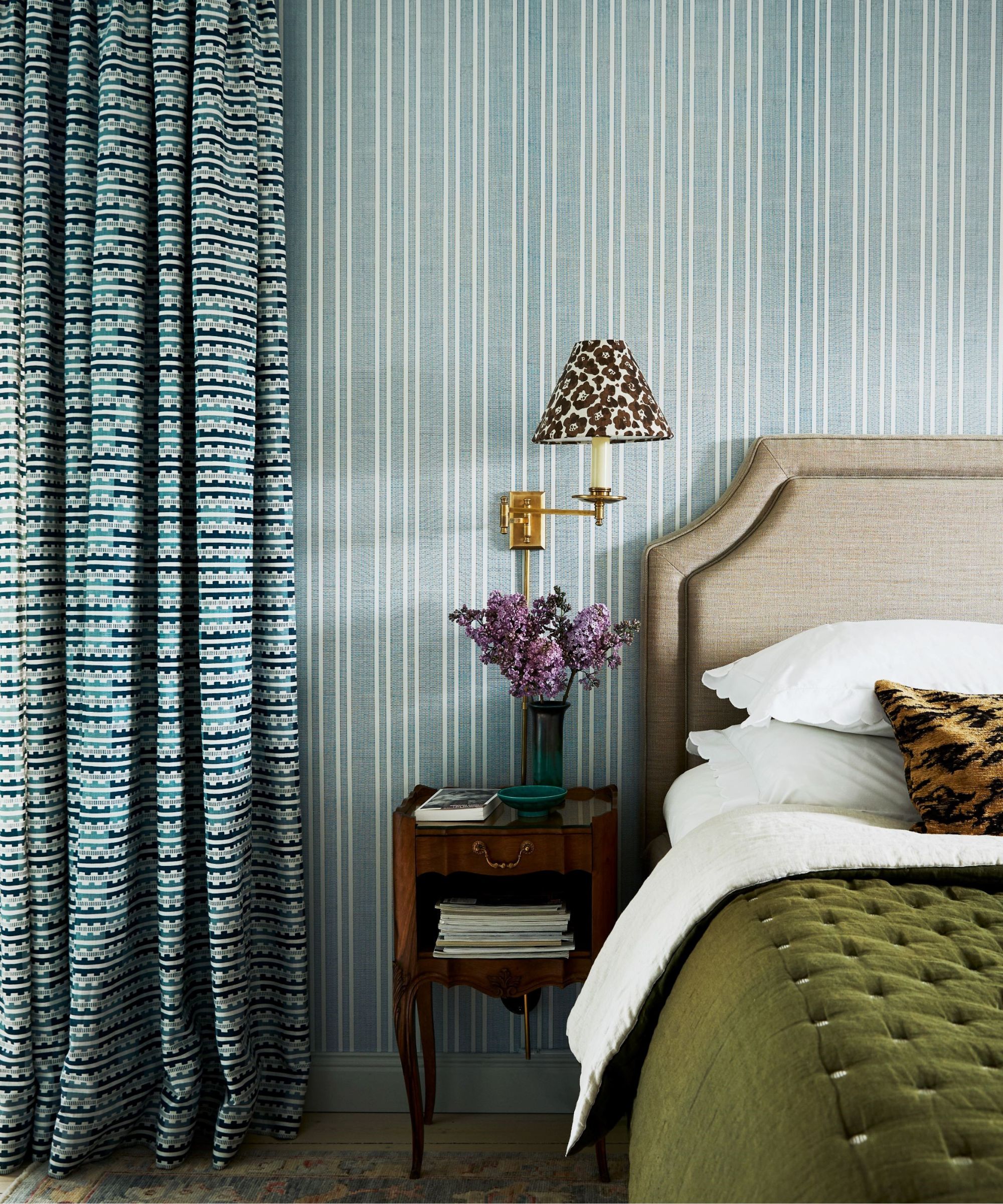
When picking the best and worst bedroom scents for sleep it is important to select two types – relaxing scents such as lavender and chamomile for the evenings and a bright, invigorating scent for the mornings to help wake you up reminds Fatemeh Farahan, licensed psychotherapist. ‘We usually think of aromatherapy for winding down, but certain scents – like citrus and peppermint – can do wonders for waking you up.
‘A timed diffuser that releases these scents in the morning can help stimulate your brain and get you feeling more alert. It’s like nature’s version of an espresso shot without the jitters.'
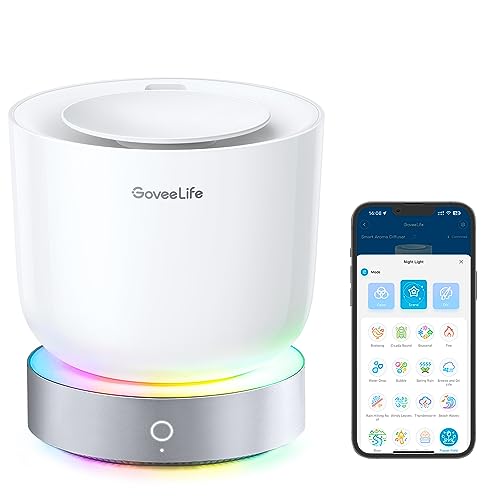
This aromatherapy diffuser has a built-in timer and accompanying smart app so you can schedule your refreshing morning fragrances to help wake you up in the morning, not keep you up at night.
While these simple switches might not make you become a morning person, they should help to make you feel a little more alert when you first wake up. Decluttering your bedroom can also improve sleep, so having a weekly tidy-up will also make all the difference.
Sign up to the Homes & Gardens newsletter
Design expertise in your inbox – from inspiring decorating ideas and beautiful celebrity homes to practical gardening advice and shopping round-ups.

Chiana has been at Homes & Gardens for two years and is our resident 'queen' of non-toxic living. She spends most of her time producing content for the Solved section of the website, helping readers get the most out of their homes through clever decluttering, cleaning, and tidying tips. She was named one of Fixr's top home improvement journalists in 2024.
-
 ‘It leads to more headaches than it's worth’ – 4 reasons you should never store things in your oven, including fire risks and serious illness
‘It leads to more headaches than it's worth’ – 4 reasons you should never store things in your oven, including fire risks and serious illnessYour oven is for cooking, and cooking only, experts urge
By Chiana Dickson
-
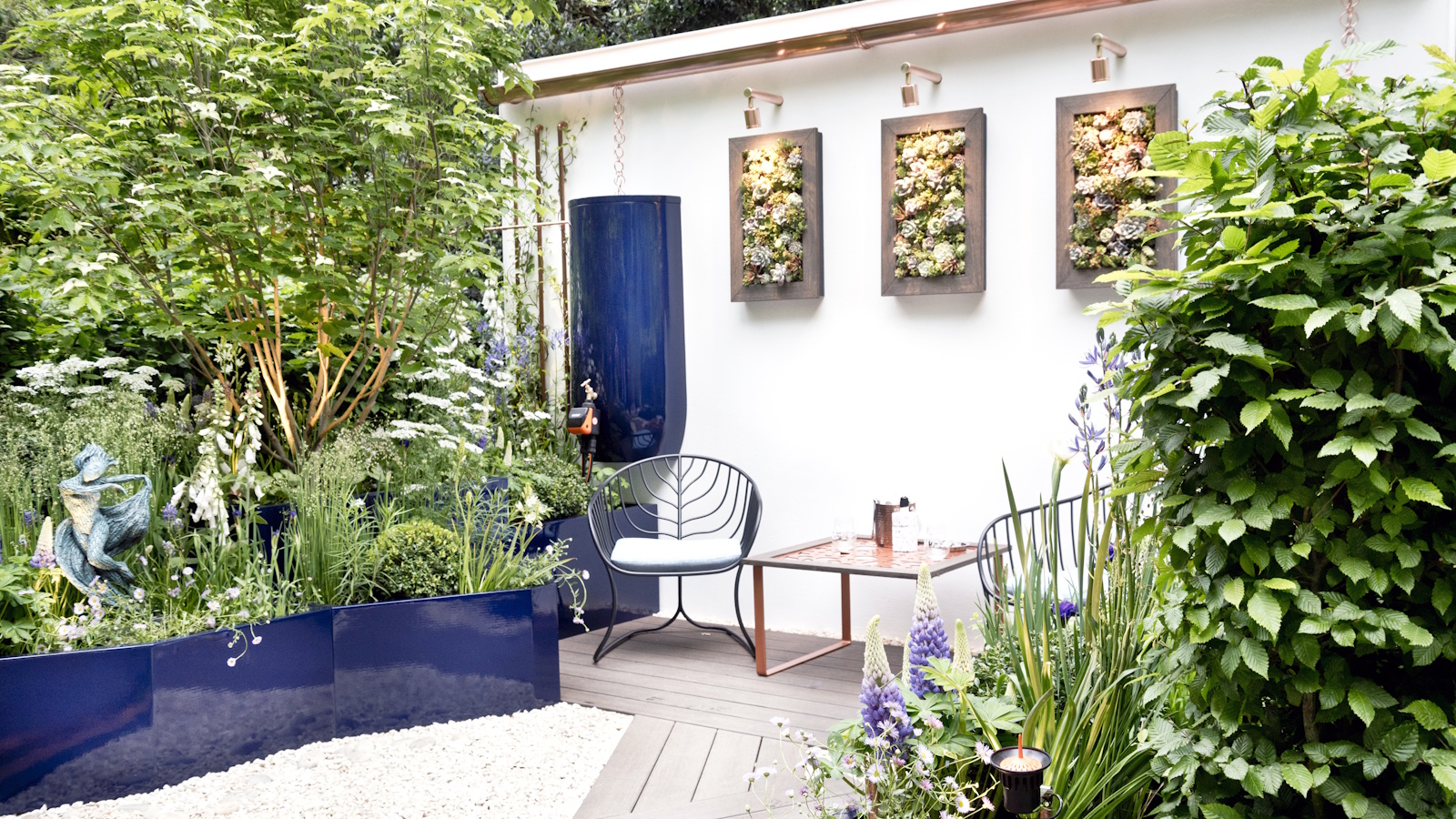 Urban gardening ideas – 7 creative ways to grow in small spaces, balconies, containers, indoors, and more
Urban gardening ideas – 7 creative ways to grow in small spaces, balconies, containers, indoors, and moreMake the most of your space with these innovative ways to garden
By Tenielle Jordison
-
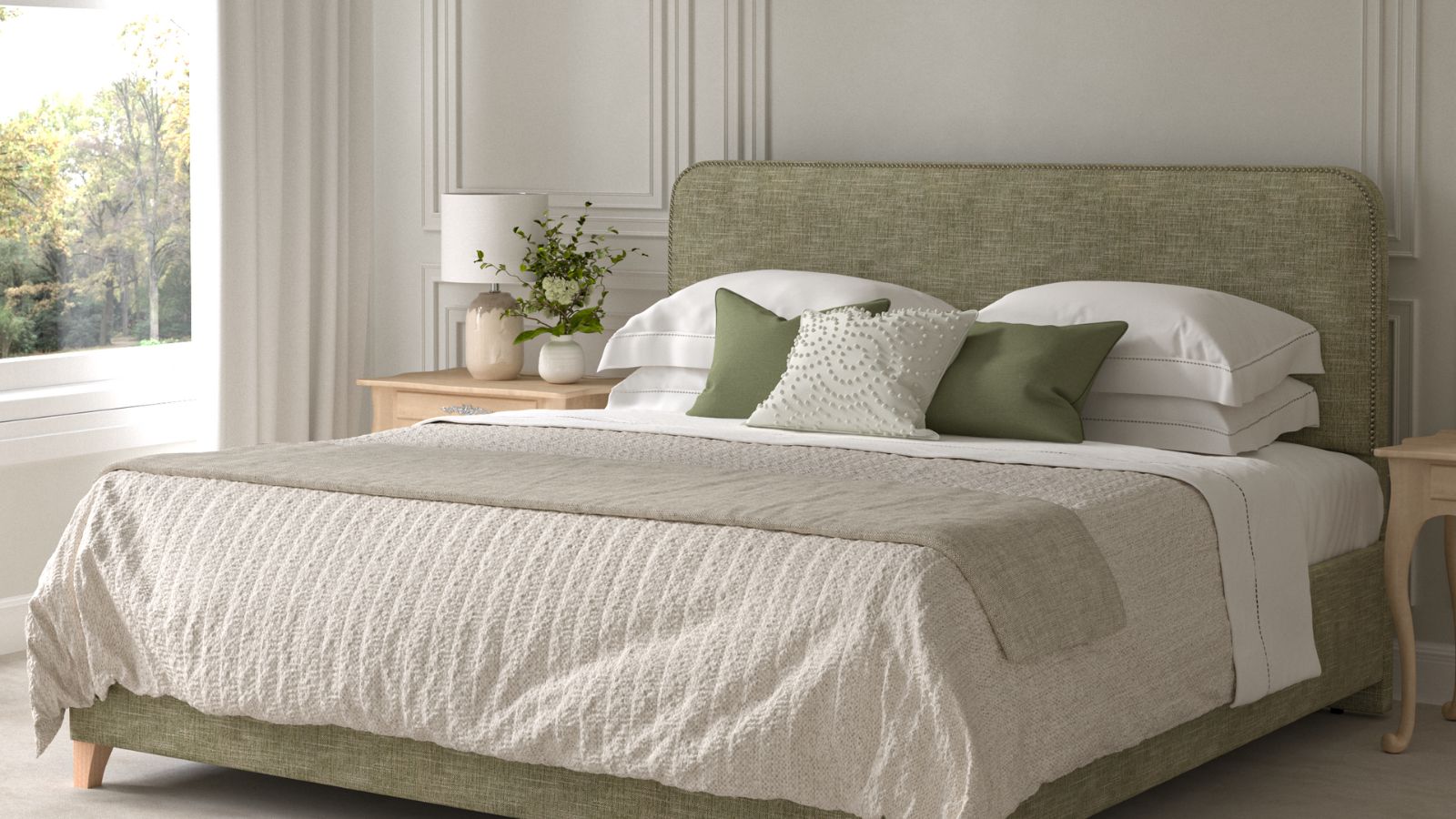 5 warning signs it's time to replace your pillows now
5 warning signs it's time to replace your pillows nowSleep experts share a number of signs that it's time for someone to consider replacing their pillows
By Ciéra Cree
-
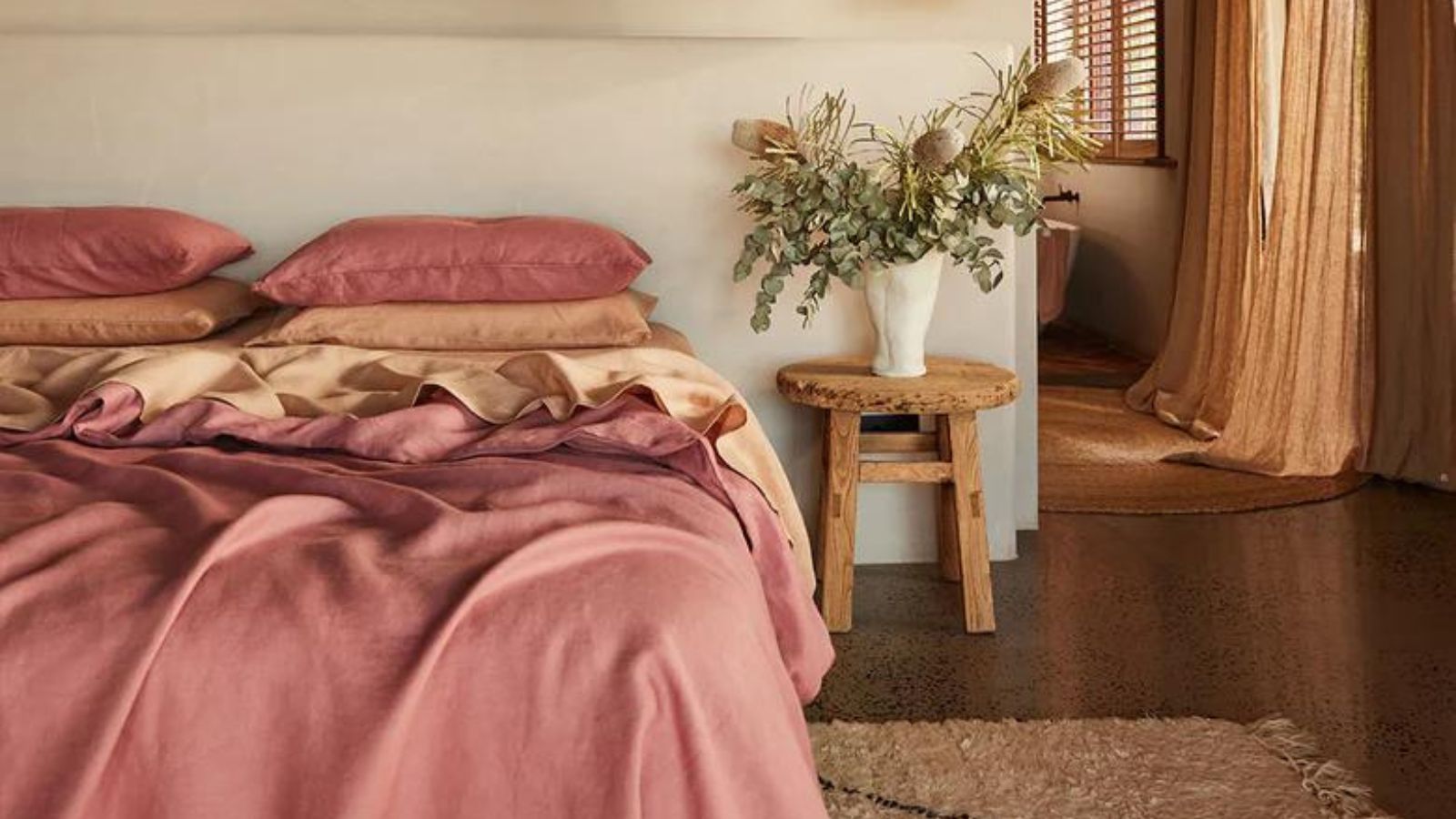 Why aren't my sheets staying on the bed? From size to technique, 5 common causes and how to easily fix each one
Why aren't my sheets staying on the bed? From size to technique, 5 common causes and how to easily fix each oneSleep experts and bedding designers explain why your sheets keep slipping off your bed − and how to tie them down
By Chiana Dickson
-
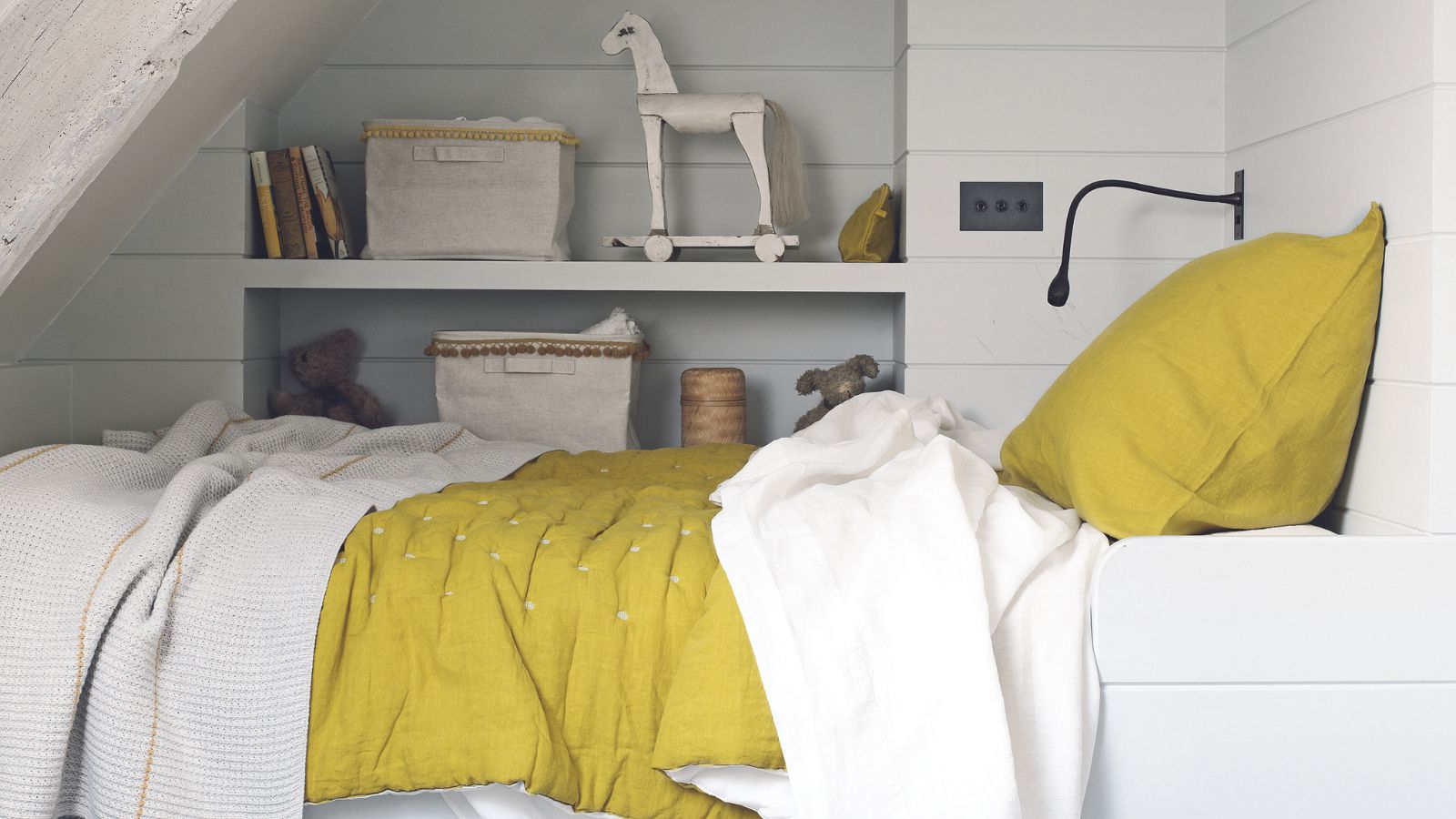 How to keep fitted sheets on a bed – and stop them slipping in the future
How to keep fitted sheets on a bed – and stop them slipping in the futureBedding experts share their tips and tricks for eliminating this annoyance
By Sarah Warwick
-
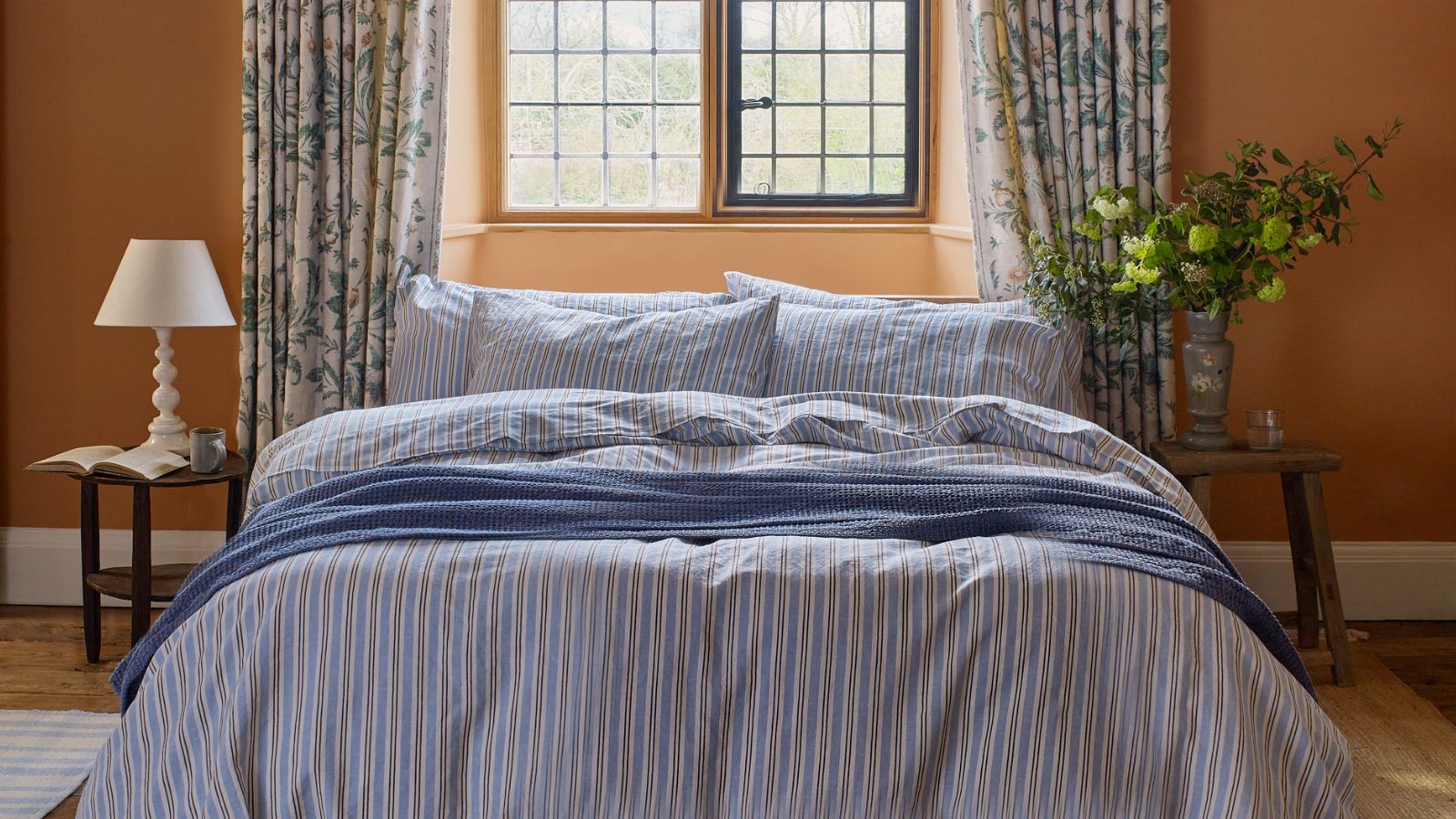 Do queen sheets fit a full bed? Bedding experts reveal how to get an optimal fit for a comfortable sleep
Do queen sheets fit a full bed? Bedding experts reveal how to get an optimal fit for a comfortable sleepAvoid bed sheet blunders with this advice from the pros
By Ottilie Blackhall
-
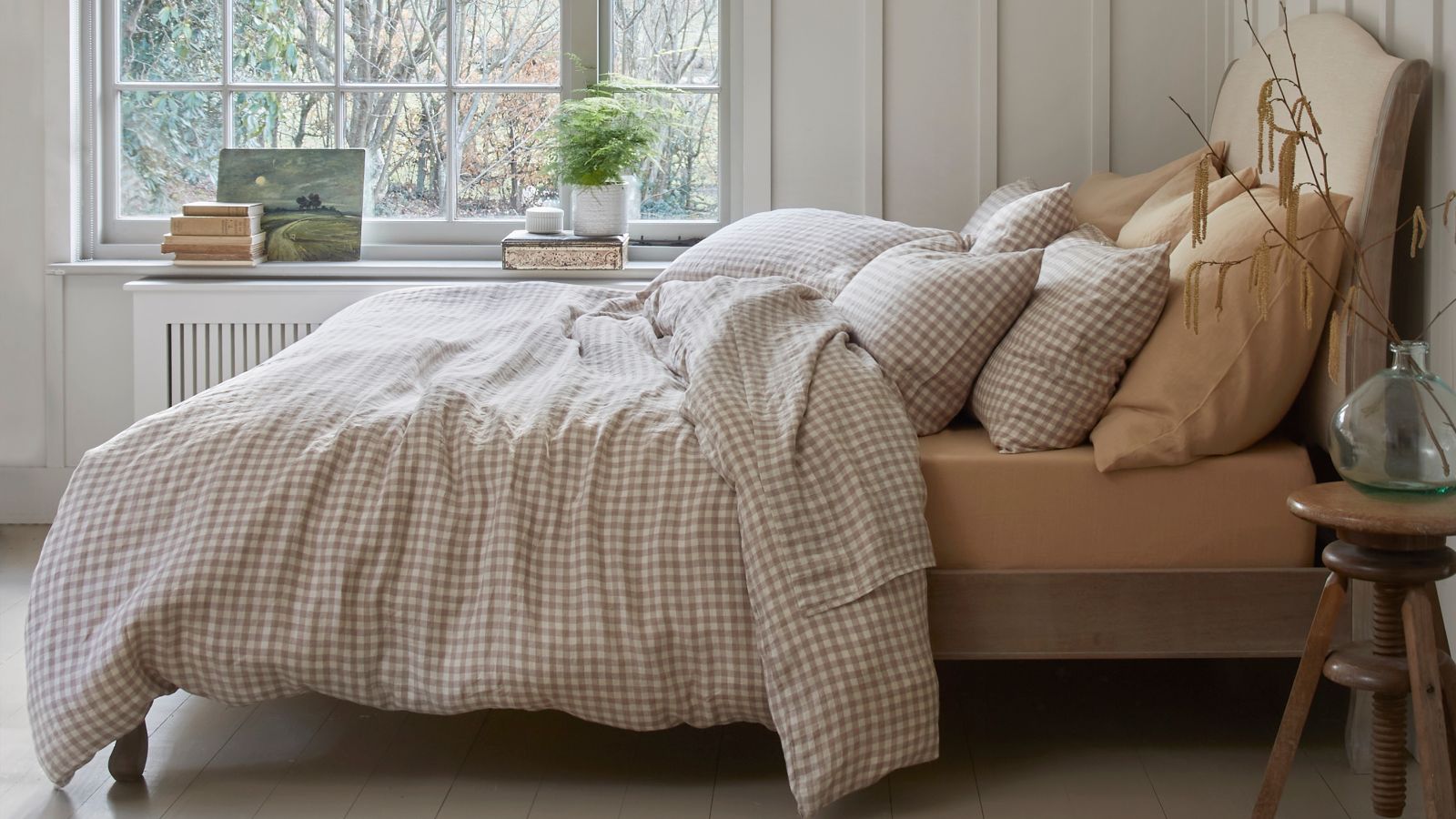 The 7 bed sheet mistakes ruining your sleep – bedding experts reveal what you should do instead for restorative slumber
The 7 bed sheet mistakes ruining your sleep – bedding experts reveal what you should do instead for restorative slumberIncluding thread count, material, price and size, these are the five things to consider when buying bed sheets, according to H&G's sleep expert and others
By Chiana Dickson
-
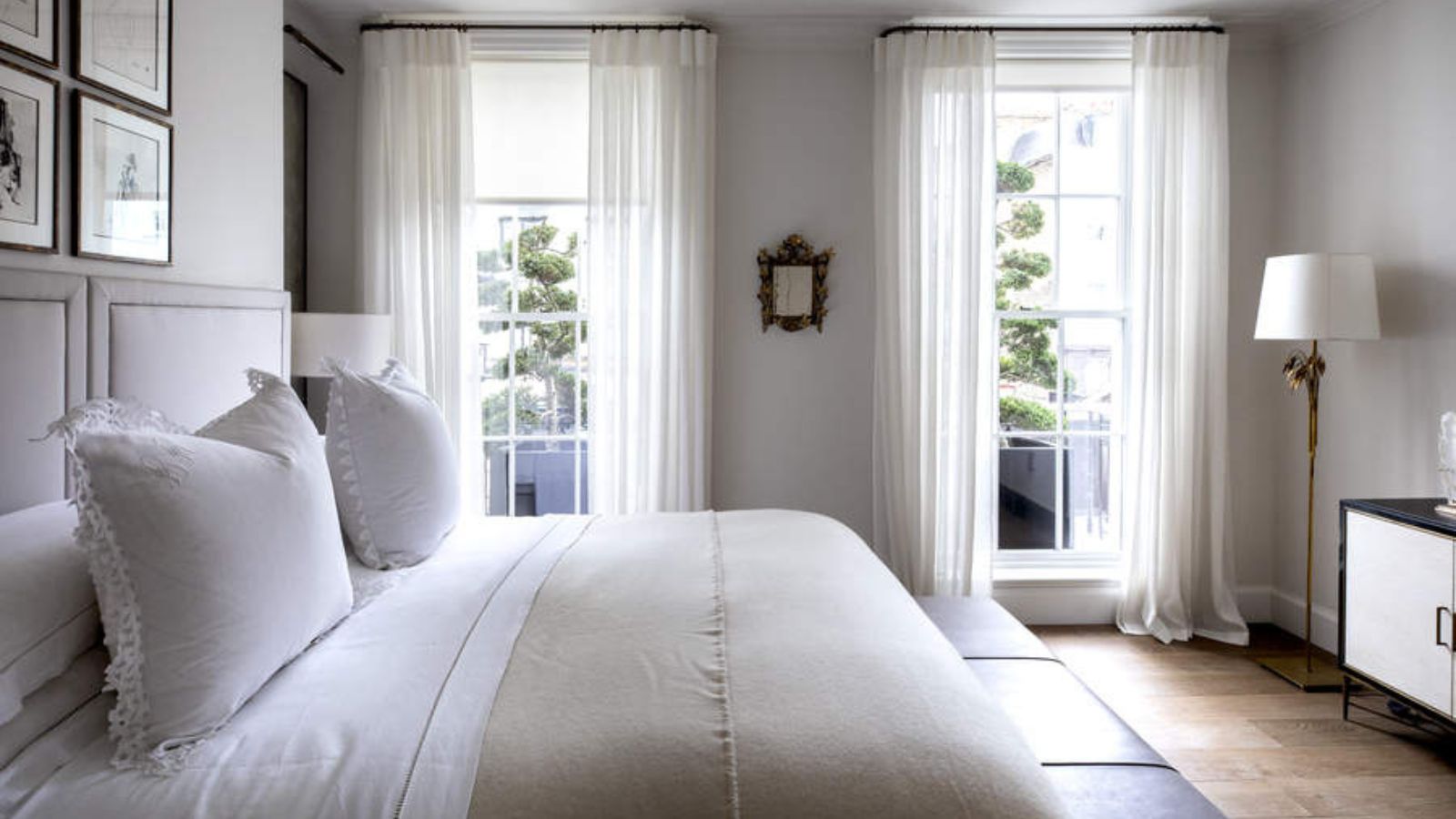 Why are my sheets pilling? Experts reveal how to fix it and the 'miracle material' least likely to pill
Why are my sheets pilling? Experts reveal how to fix it and the 'miracle material' least likely to pillWash well, avoid friction and invest in high-quality sheets, our pros say
By Emilia Hitching
-
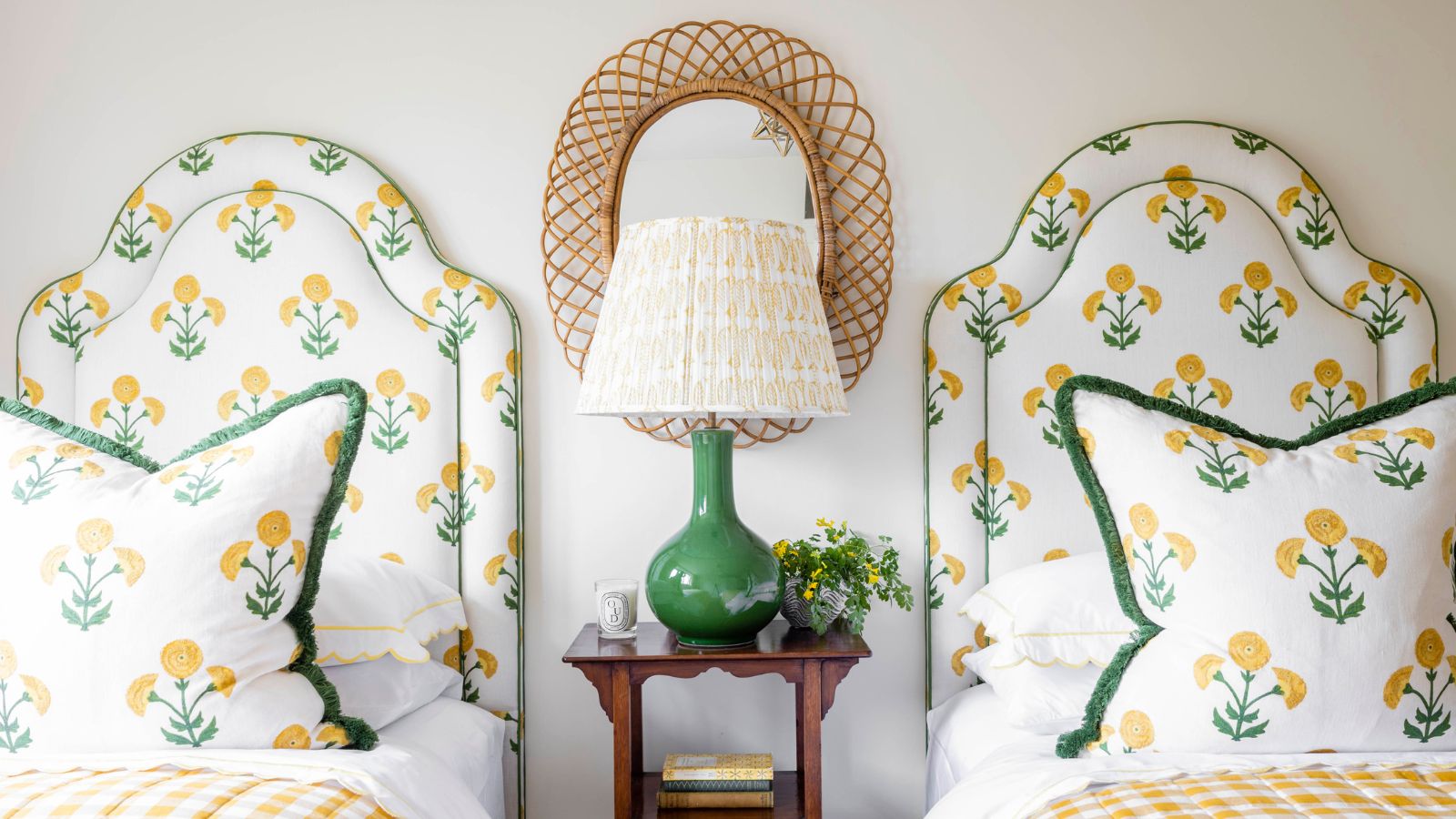 Do I need to flip my mattress topper? Expert-approved tips for the most comfortable sleep
Do I need to flip my mattress topper? Expert-approved tips for the most comfortable sleepPros warn against flipping, and share what to try instead
By Louise Oliphant
-
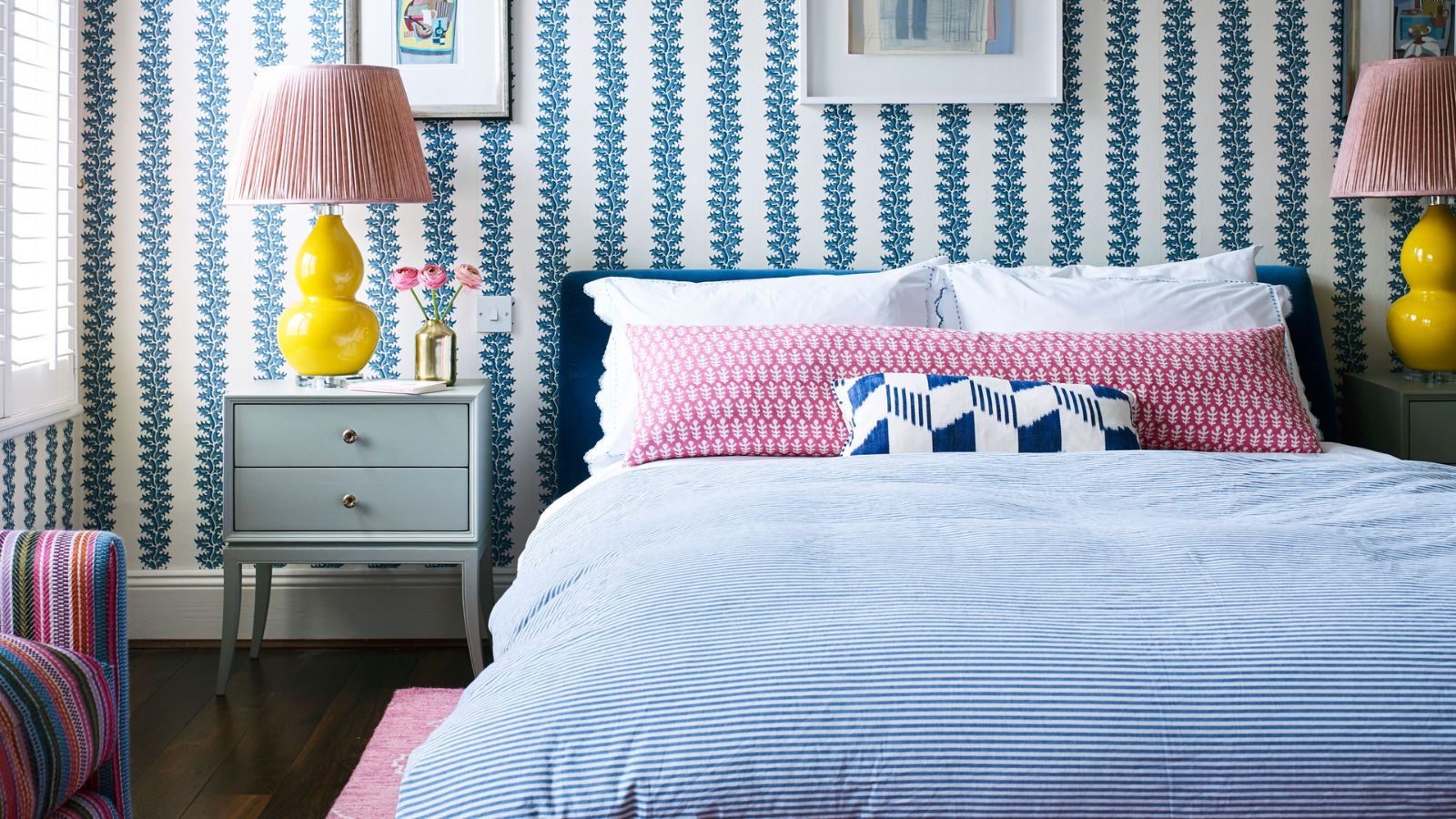 This bed sheet holder is my secret to better sleep – it cured my restless nights and costs less than $10
This bed sheet holder is my secret to better sleep – it cured my restless nights and costs less than $10Say goodbye to wrinkled and ill-fitting sheets
By Chiana Dickson